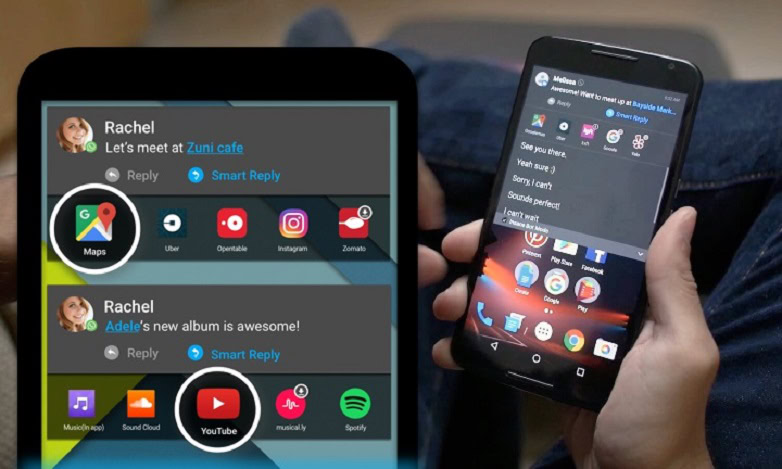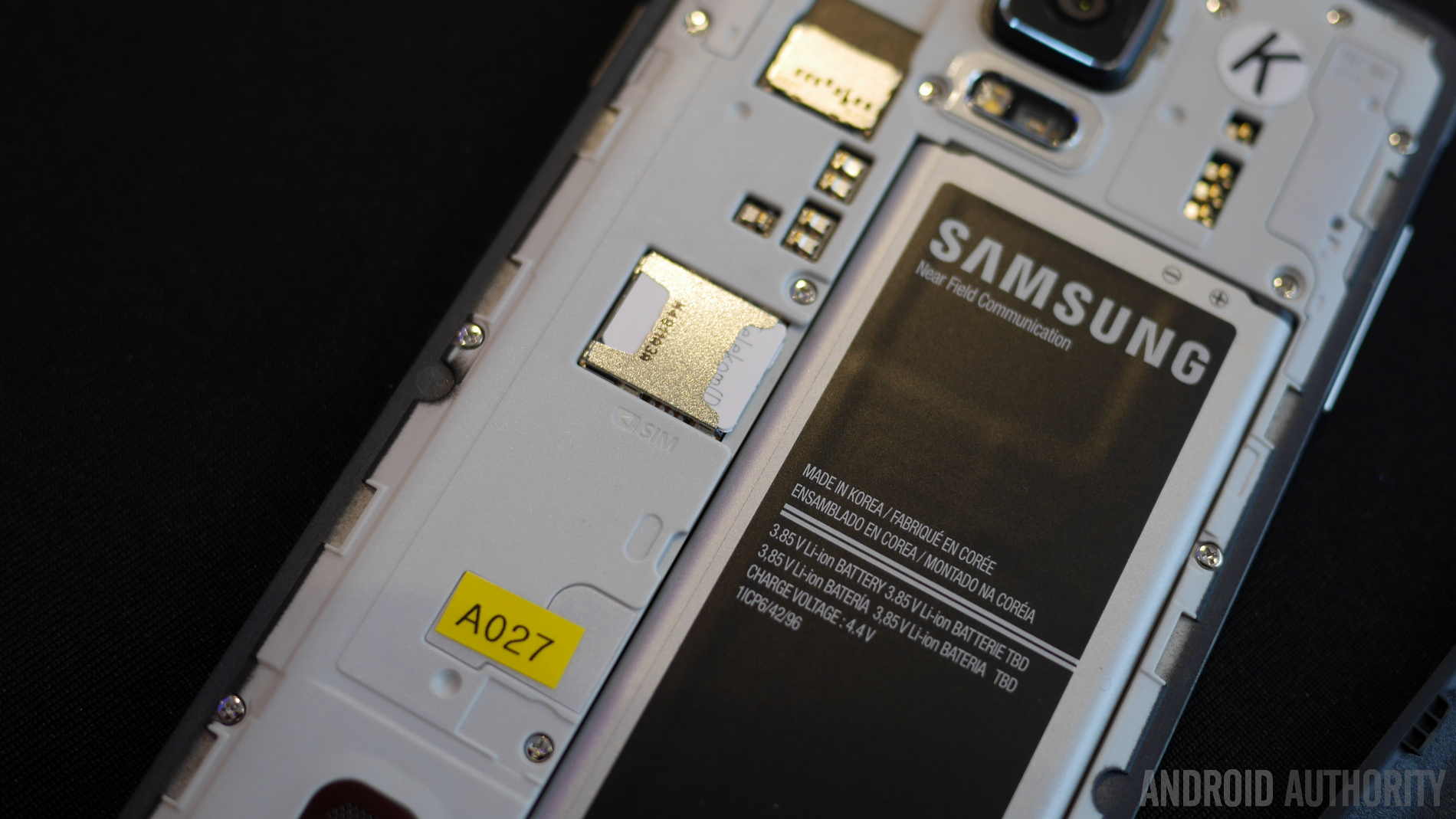Affiliate links on Android Authority may earn us a commission. Learn more.
Samsung's new acquisition could help transform Bixby into something useful
November 28, 2017

Samsung, like most of the other major Android OEMs, is making a big push towards AI. The company has already made a number of investments in recent years in this vein, and launched a brand new digital assistant earlier this year called Bixby (though there’s probably been more written about how to disable it than how to make use of it).
According to a report from The Investor, Samsung has just acquired another AI property, Fluenty, a Korean startup notable for its chatbot of the same name.
The Fluenty company launched in 2015 and currently develops a dedicated app and a separate “smart reply” API. The app uses machine learning to offer custom responses tailored to the person using them, and it’s compatible with a number of popular messaging services (WhatsApp and Facebook Messenger included).

According to a post on the official website,”Fluenty is able to suggest smart replies that are specific to the person typing them. Let’s say for example that someone likes to say ‘Cheers!’ instead of ‘Bye!’ when closing a conversation. Fluenty is able to pick that up and will suggest it as a way to say goodbye in future messages.”
In this way, Fluenty is a step above other competing chatbots, many of which tend to come across as robotic. It’s all well and good having a template response to a message, but if it’s not in your own voice, as it were, the recipient can generally tell.
Fluenty isn’t only a hot prospect for Samsung in that regard, though — its machine learning engine has other applications that Samsung could take advantage of. Fluenty learns from the apps that you most use and builds connections between them and the messages you send or receive.
Say, somebody mentions a recent film in a chat, Fluenty would be able to prepare a YouTube link to this so you could check it out immediately. Or perhaps you’re meeting someone and they tell you what bar they’re in — Fluenty could have the directions in Google Maps ready without you having to copy and paste details across. It’s these kinds of practical, automated features that Bixby could really benefit from.
With Bixby lagging behind other digital assistants in usefulness and popularity, Samsung needs to do *something* to turn it around. But with investments like this and the other AI-focused businesses it has snapped up in the last couple of years, there’s hope yet.
What do you think the future holds for Samsung Bixby? Let us know in the comments.
Thank you for being part of our community. Read our Comment Policy before posting.